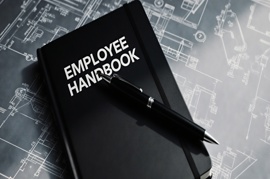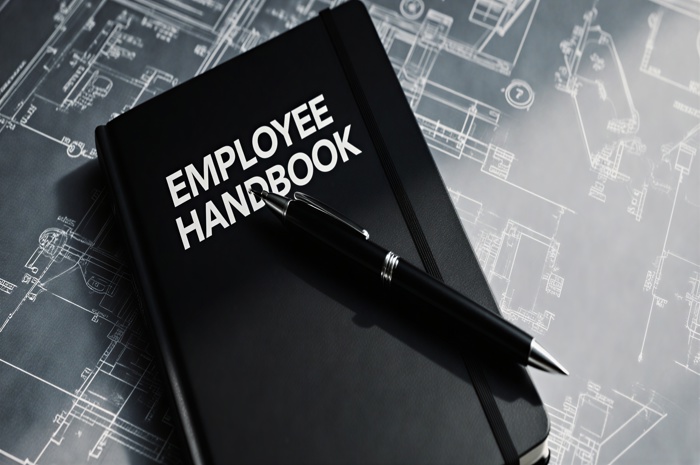Starting your own business and incorporating it as a company has many benefits, but privacy is not one of them. When setting up a company you must register with Companies House, who are in charge of all incorporations in the UK, and when doing so you must provide information about both the company and its directors. Some of this information is listed in the public register for anyone to see after the incorporation is successful.
So what becomes public information?
If you look a company up on the Companies House website, you will see four headings, which include ‘Overview’, ‘Filing history’, ‘People’, and ‘More’.
Overview
In the overview section of the Companies House register you can find the following:
- Registered office address
- If you are a smaller company and your residential address is the same as your office address, some company formation services will allow you to register your office address at their office in order to provide you with more privacy and protection.
- Company status (whether it is active or dormant)
- Company type (For example whether it is a private limited company, a public limited company, or something else)
- The date of incorporation
- When the last accounts were made up to and when the next accounts are due
- When the last confirmation statement was submitted and when the next statement is due
- The nature of the business (which is the principal activity of the company)
Filing History
In the filing history section of the Companies House register, you can find the company’s filings such as incorporation statement, confirmation statements, any compulsory strike-off notices/actions, company accounts, and more.
- Incorporation statement
- This document includes information about when the business was incorporated, who the directors are, who the People with Significant Control are, how many shares the company has, and more.
- Confirmation statements
- This document must be filed every year to Companies House by a company and includes company details, the date of the statement, and, if sent by post, can include the details of the person filing it.
- First Gazette Notice
- This document shows that the company has been issued a compulsory strike-off warning, meaning that it will be removed from the Companies House register and dissolved unless the company can get its accounts in order within 2 months.
- Often times companies are issued a compulsory strike-off due to not filing their accounts or paying their corporation tax that is due. They must complete these actions in order to prevent being struck-off the register.
- If your company is able to complete their outstanding obligations within the timeframe then there will be another document stating that the compulsory strike-off action has been discontinued.
- Final Gazette Notice
- This document is the final notice for the company with the date that the company will be taken off the register and the date of when it will be dissolved – meaning that the company has failed to take action and their company is dissolved and all assets owned by The Crown.
- Company accounts
- Every year, 9 months after their accounting period ends, the company is required to submit their full accounts to Companies House. These will include a balance sheet for the current and previous accounting periods (if there are any).
- Changes to company information
- When a company changes its registered office address, there will be a document which lists the details of the new address.
- When a company’s directors or persons with significant control (PSC’s) change, either through resignation or appointment, it is recorded in documents which are found in the filing section of a company’s page on Companies House.
People
In the ‘People’ section of your company’s page on Companies House, you will be able to see how many active and resigned officers they have, who they are, and some information about their position.
- This information includes their role within the company (director or secretary), their correspondence address (typically the same address as the company’s registered address), when they were appointed, and, if applicable, when they resigned. The same information is shown for each company officer.
- You can also click on the names of the officers and it will take you to another page stating the total number of appointments that they have had and for which companies.
‘More’ is the only section on the Companies House page that is not accessible to everyone as it is where the companies can order certificates and certified documents of the company after signing into Companies House.
Privacy is an important thing to consider when forming a company and it is necessary to understand how much of your information becomes public after the process is complete. Once again, there are certain steps you can take to protect your privacy, such as registering your address with a formation agent, rather than having your personal address publicly available.





















